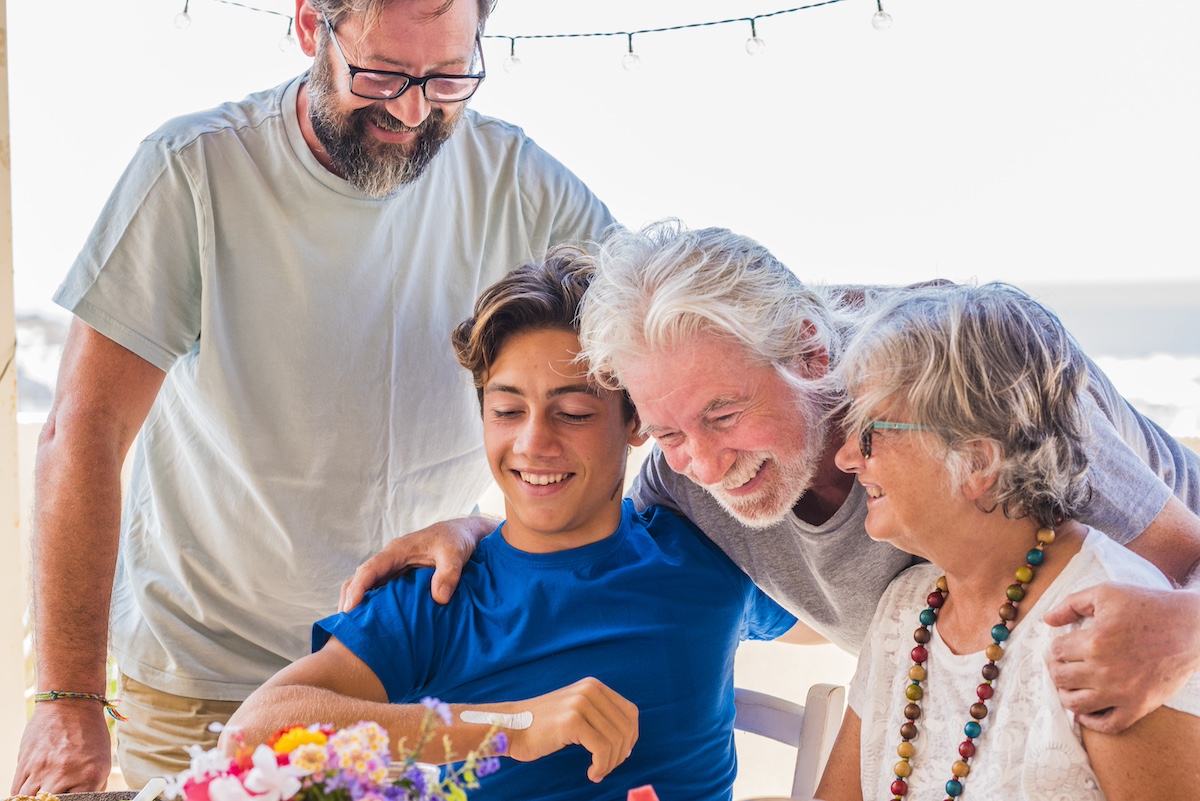Victoria palliative care
Victoria palliative care provides care with compassion and love for people who are in the last phase of life. Our team here at Seasons Victoria palliative care focus on comfort for our patients. We want them to have the best possible care in the last phase of their life. care focuses on the quality of life rather than its length. It provides humane and compassionate care for people in the last phases of incurable disease so that they may live as fully and comfortably as possible.
If you have a loved one that is nearing the final stage of life our team will be there to comfort them and make sure they are taken care of. Victoria palliative care is a focused on treating the person. We work to manage pain and symptoms to make a persons last days focused on comfort and not pain. When someone is surrounded by their loved ones they know that Victoria palliative care is family focused and that we desire they spend their final days with dignity and have the highest quality of life possible. Being a patient in the final stage of life shouldn’t be painful. Our team of medical professionals will bring comfort to those in Victoria palliative care.
What Care Does Victoria palliative care Provide?
What is Victoria palliative care?
Victoria palliative care is the relief of symptoms but not a cure to the disease. It has a purpose of improving ones life and the quality of life as family members help decide the treatment moving forward.
The Victoria palliative care philosophy accepts death as the final stage of life: it affirms life and neither hastens nor postpones death. Victoria palliative care treats the person rather than the disease, working to manage symptoms so that a person’s last days may be spent with dignity and quality, surrounded by their loved ones. Victoria palliative care is also family-centered – it includes the patient and the family in making decisions.
Victoria palliative care care is used when you can no longer be helped by curative treatment and are expected to live about 6 months or less if the illness runs its usual course. Victoria palliative care gives you supportive or palliative care, which is treatment to help relieve symptoms, but not cure the disease. Its main purpose is to improve your quality of life. You, your family members, and your doctor decide when Victoria palliative care should begin.
Victoria palliative care often is not started soon enough. Sometimes the doctor, patient, or family member will resist Victoria palliative care because they think it means “giving up” or that there’s no hope. This is not true. You can leave Victoria palliative care and go into active cancer treatment any time you want. But the hope that Victoria palliative care brings is a quality life, making the best of each day during the last stages of advanced illness.
Some doctors don’t bring up Victoria palliative care, so the patient or family member might decide to start the conversation. If your treatment isn’t working anymore and you’ve run out of treatment options, you might want to ask your doctor or a member of your cancer care team about Victoria palliative care.
What does Victoria palliative care provide?
All Victoria palliative cares must provide certain services, but they tend to have different approaches to service, staffing patterns, and types of support services offered.
Pain and symptom control
The goal of pain and symptom control is to help you be comfortable while allowing you to stay in control of and enjoy your life. This means that discomfort, pain, nausea, and other side effects are managed to make sure that you feel as good as possible, yet are alert enough to enjoy the people around you and make important decisions.
Home care and inpatient care
Although most palliative care is centered in the home, there might be times when you need to be in a hospital, extended-care facility, or an inpatient palliative care center. Your home palliative care team can arrange for inpatient care and will stay involved in your care and with your family. You can go back to in-home care when you and your family are ready.
Spiritual care
Since people differ in their spiritual needs and religious beliefs, spiritual care is set up to meet your specific needs. It might include helping you look at what death means to you, helping you say good-bye, or helping with a certain religious ceremony or ritual.
Family meetings
Regularly scheduled meetings, often led by the Victoria palliative care nurse or social worker, keep family members informed about your condition and what to expect. These meetings also give everyone a chance to share feelings, talk about what’s happening and what’s needed, and learn about death and the process of dying. Family members can get great support and stress relief through these meetings. Daily updates may also be given informally as the nurse or nursing assistant talks with you and your caregivers during routine visits.
Coordination of care
The palliative care team coordinates and supervises all care 7 days a week, 24 hours a day. This team is responsible for making sure that all involved services share information. This may include the inpatient facility, the doctor, and other community professionals, such as pharmacists, clergy, and funeral directors. You and your caregivers are encouraged to contact your palliative care team if you’re having a problem, any time of the day or night. There’s always someone on call to help you with whatever may arise. Victoria palliative care care assures you and your family that you are not alone and can get help at any time.
Respite care
For patients being cared for at home, some palliative care services offer respite care to allow friends and family some time away from caregiving. Respite care can be given in up to 5-day periods of time, during which the person with cancer is cared for either in the palliative care facility or in beds that are set aside in nursing homes or hospitals. Families can plan a mini-vacation, go to special events, or simply get much-needed rest at home while you’re cared for in an inpatient setting.




